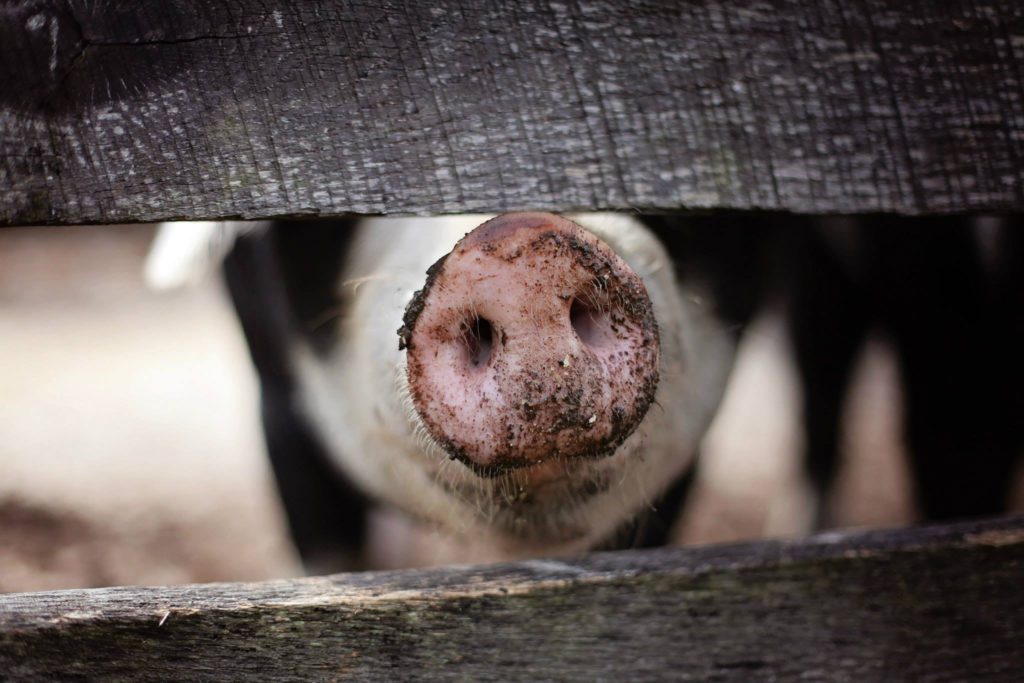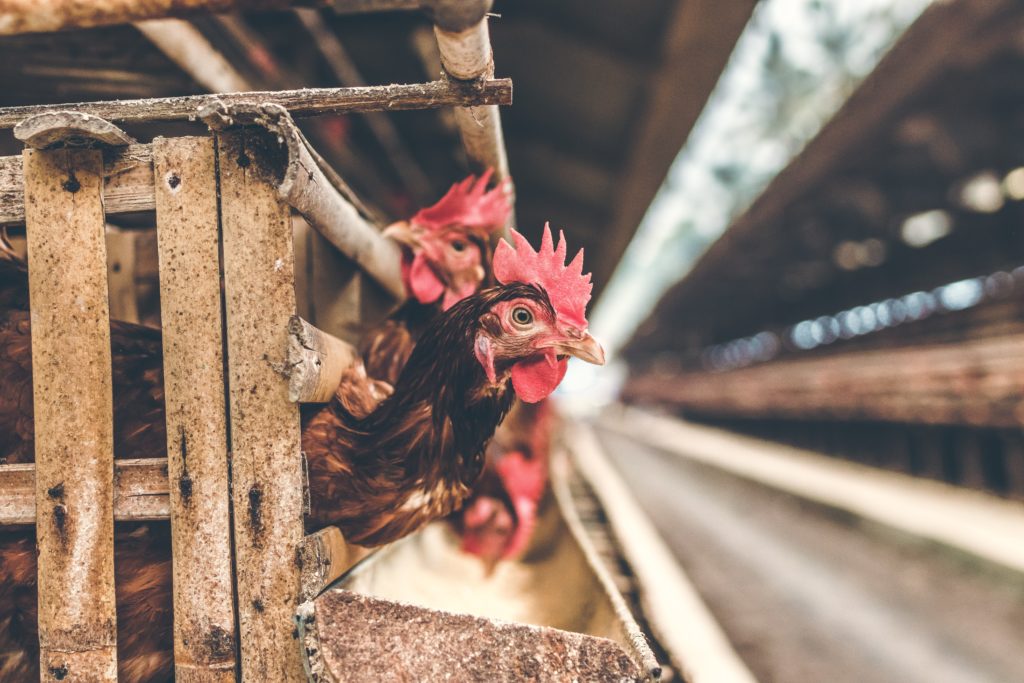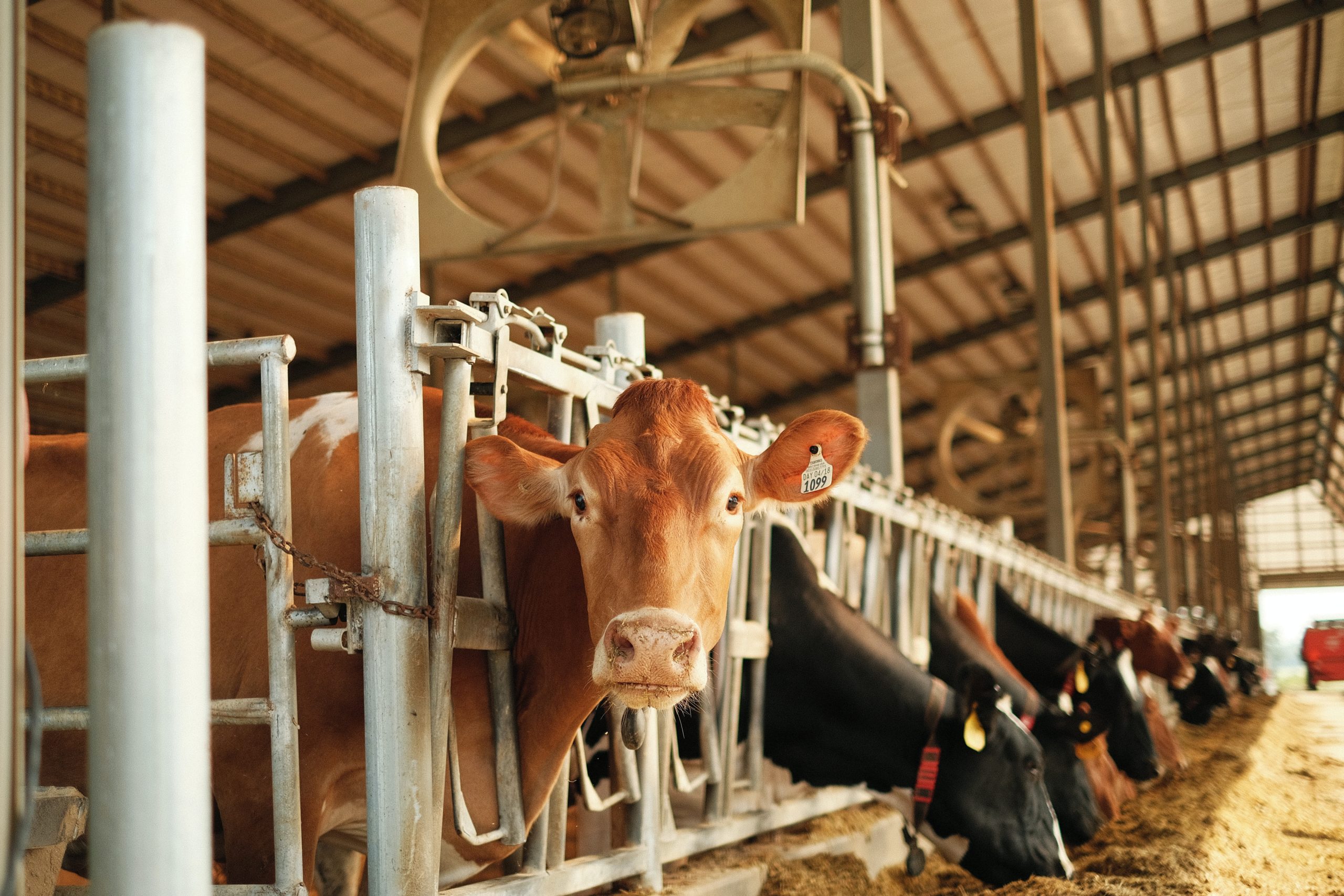UK Advertising Watchdog Bans Tesco Plant-Based Burger Commercial And Advert Linking Animal Cruelty To Meat Consumption
4 Mins Read
The Advertising Standards Authority (ASA) received 63 complaints about an advert created by Vegan Friendly UK. The clip was devised to shine a light on what Vegan Friendly refers to as the hypocrisy of meat-eaters who claim to care about animal welfare. It has subsequently been banned on U.K. television due to the inclusion of graphic violence towards animals.
The advert was originally deemed suitable for broadcast, with a caveat that it must not be shown close to programmes that were likely to be watched by children under 16 years old. Viewers making the complaints are said to have alluded to unnecessary distress being caused by the imagery.

What is Vegan Friendly UK?
Vegan Friendly is a global non-profit, founded in 2012. It aims to make access to plant-based food uncomplicated by certifying restaurants and products. The organisation fought against the complaints against its ad, stating that images were no more harrowing than what is displayed in butcher shops and fishmongers. It asserted that its clips “would not feel out of place in a cooking programme or nature documentary”.
Which images caused the issue?
The advert shows a group of three friends eating together. Each is consuming a different dish while talking about how much they all care about animal welfare. After lifting their forks to their mouths, the animals used in the food are shown in a succession of quick images that show the suffering experienced during meat production. No animals are shown being slaughtered.
Clips included fish gasping for air, a cow seemingly crying from fear and a piglet standing next to its, presumably, dead mother.
What was the advert trying to do?
The driving motivation of the advert was not denied. Vegan Friendly explained that it hoped to help consumers identify the “hypocrisy” of being against animal cruelty, while still eating meat. The target demographic was exclusively meat-eaters, without the intention of pointing fingers at people’s personal choices. The message, according to Vegan Friendly, was centred around treating all animals with compassion, not vilifying one dietary demographic. Viewers were asked to “make the connection” between what they say and what they eat.
The ASA decided that some of the clips included in the advert were likely to cause distress to viewers. It cited the cinematography, which used scenes of meat-eating spliced with animal imagery, as being able to “heighten the distress felt by viewers”. Addressing Vegan Freindly’s defence that such scenes can be experienced in a shop or while watching a cooking programme, the ASA said both came with expectations of such images. A television advert creates an extra element of shock
The ASA did not uphold any complaints linked to vilification of meat-eating, stating “the ad was trying to highlight how people’s actions might not necessarily align with their beliefs” and that in this instance, it was “not likely to cause widespread offence.”

Tesco comes under fire as well
Tesco has just come up against the ASA as well. The supermarket giant has had an advert for its Plant Chef range banned for containing a misleading claim that it is “better for the environment”. The ASA stated that Tesco was not able to substantiate its claim. The adverts were shown last year and received 171 complaints.
According to the complaint, Tesco cannot claim to know the entire lifecycle of the burger shown in the offending advert, and therefore cannot state that the food is better for the environment than conventional meat burgers. The issue of plant-based diets being generally less environmentally impactful was not questioned, but complex production processes could make individual items more emissions-heavy than meat, the ASA claimed.

Cracking down on perceived greenwashing
As environmental concerns become a deciding factor for consumers when choosing brands ot support, more companies are seeking to align with green initiatives. The problem is that not all are sincere or as positively impactful as they frost seem. Because of the global rise of greenwashing, the ASA is increasingly looking to take a hard line on adverts that mislead consumers about action being taken by individual brands.
Last month, HSBC stood to become the first major bank to be issued with a warning from the ASA. The financial giant released campaigns that hinted at major climate action being taken, while not offering any qualification or emissions data. The incomplete environmental claims are being considered in line with new customer accounts. If consumers have signed up for HSBC services based on perceptions of green operating, which prove false, the public will be misled. The investigation continues.
Lead photo by Austin Santaniello at Unsplash.




